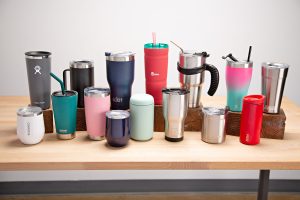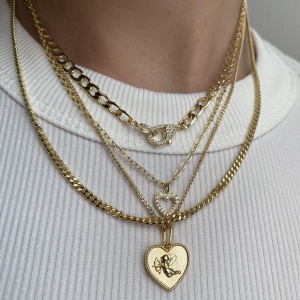Why Plastic Bags Are Bad for the Environment
Why Plastic Bags Are Bad for the Environment
 Plastic grocery and shopping bags started appearing in the retail scene on a regular basis in 1982. At that time, no one had any idea that the environmental impact would be so horrible a mere 30 years later. They were designed to be more durable than paper and we were all told that they were a better option because they saved trees, the basic ingredient used to manufacturer paper sacks.
Plastic grocery and shopping bags started appearing in the retail scene on a regular basis in 1982. At that time, no one had any idea that the environmental impact would be so horrible a mere 30 years later. They were designed to be more durable than paper and we were all told that they were a better option because they saved trees, the basic ingredient used to manufacturer paper sacks.
Grocery stores and retail stores alike loved the concept, cost and compact nature of making the switch. It is easy to print logos for advertising on plastic, they could be made into many different sizes and consumers liked that they were more durable than their paper counterparts. When a paper bag becomes wet, it immediately falls apart. A plastic bag is more durable and unfortunately that’s a trait that also makes them more dangerous to the environment.
Fast forward 30 years and now there is a grass roots environmental war against the once loved plastic shopping bag. These things show up everywhere. They are designed for single use and once the purchased items are brought home, the bag is discarded and that is the moment the destruction begins.
In today’s world it is still common to see them almost everywhere. They are carried by the wind until they are caught by a tree limb and left to dangle as a trashy urban decoration. They end up clinging to sewer drain grates and collect there in moderately large numbers until they finally clog the drain to cause street flooding because the rain water can no longer escape the surface. You can still find them in grocery stores and shopping centers too. These places are the source of all the shiny new plastic bags that are just beginning their life of single use before being unleashed to cause their damage to the environment.
You can find these bags in the stomachs of marine animals that unknowingly swallow them thinking the bags are jellyfish or another food source as it floats through our oceans. Birds and sea turtles become trapped in the bag handles and if they can’t escape, they die. Whales die of starvation because their stomachs are full of plastic bags that their bodies can’t digest and there’s no room for any real food.
For the bag that goes into the landfill, it is a completely different story. Plastic is not biodegradable and is full of chemicals that leech out into the dirt and eventually, through water runoff, those chemicals end up in our streams and finally, our drinking water. We are literally drinking the poison put into the earth by this horrific product.
Slowly but surely people are coming together to make a difference in the use of this destructive material. Some countries, cities and states are banning the use of these bags all together while others are adding special taxes for their use to deter consumers from using them. Every one of these bags that is not used is a victory for a marine animal, a bird and humanity’s future generations.








